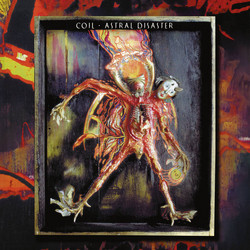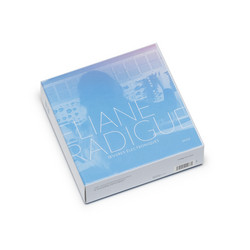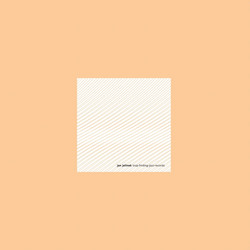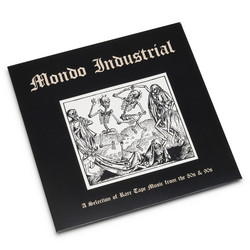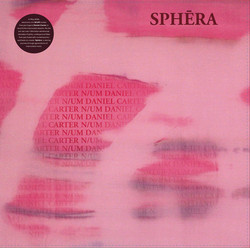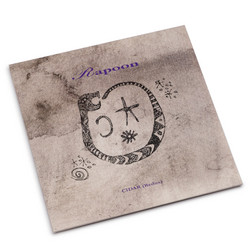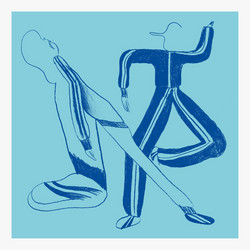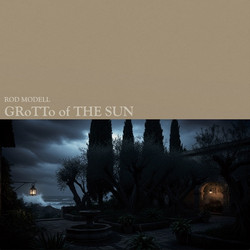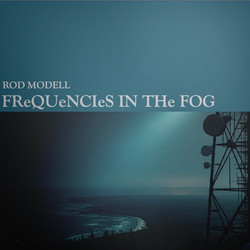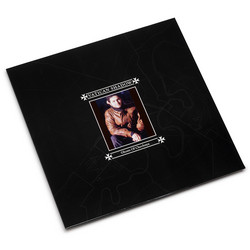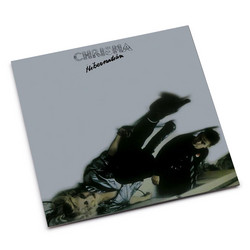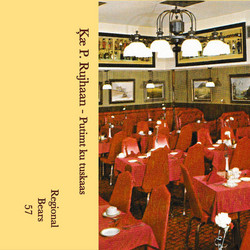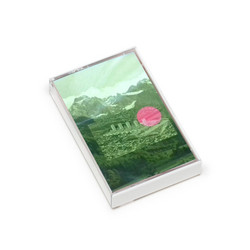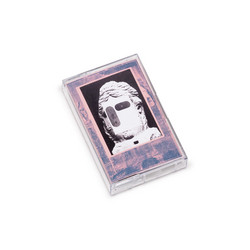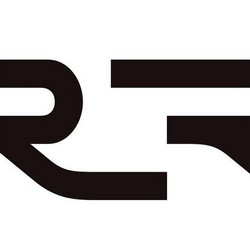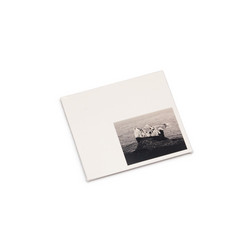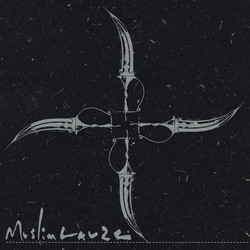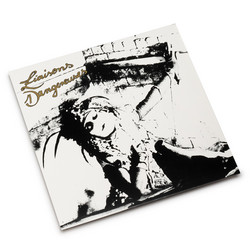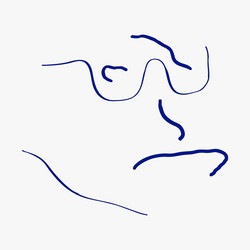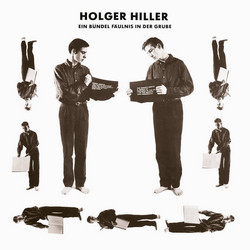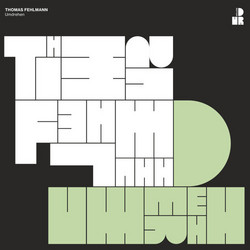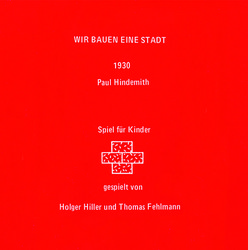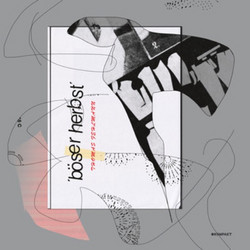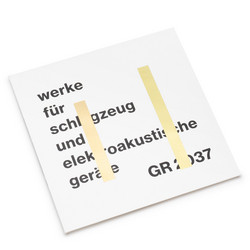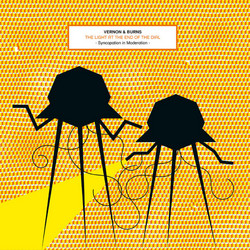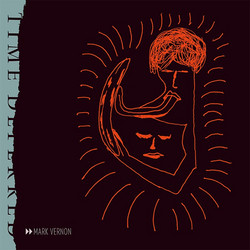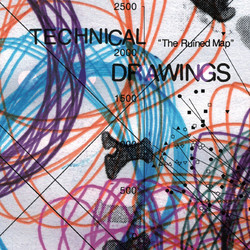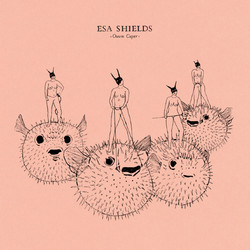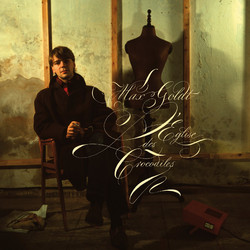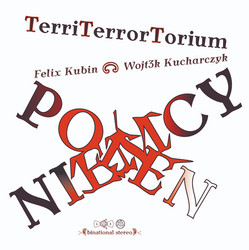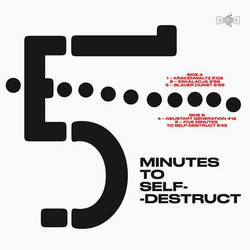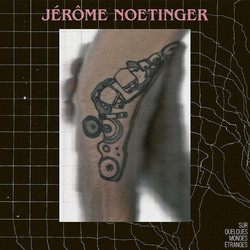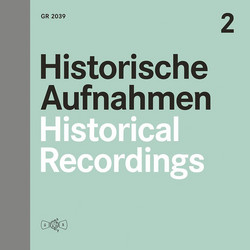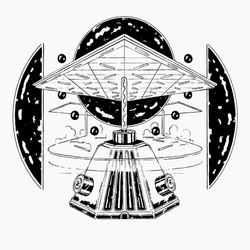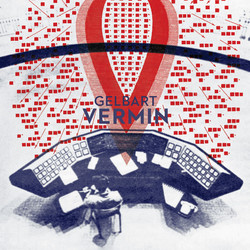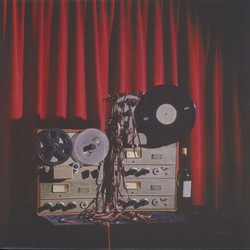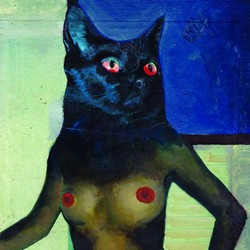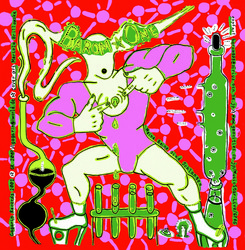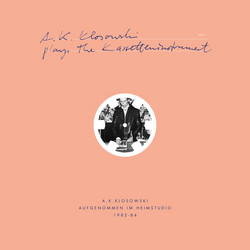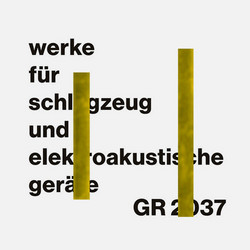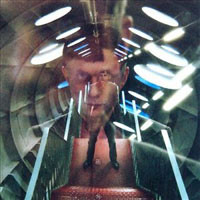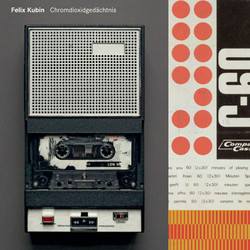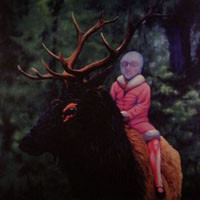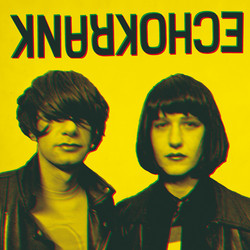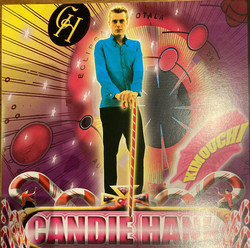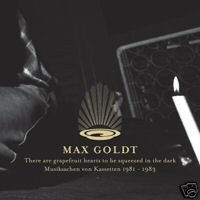Holger Hiller, Thomas Fehlmann
Wir Bauen Eine Stadt
In 1930 the German composer Paul Hindemith (1895-1963) wrote a series of small pieces for school orchestras. It was described as a “play for children” depicting the construction and survey of a modern city. The unusual thing about it is the age of its inhabitants:
“In our city the grown ups have no say (…) Our mayor is seven years old, and all uncles and aunties are children. Even the traffic warden is a child.” We Build A Town comes across as strange in more than one way. Firstly, as a bizarre alternative blueprint to an eldery society. Secondly, as a combination of constructivist music and antiquated-modernist lyrics. These lyrics reflect traits of naïve belief in progress and open repression.
The complexity of the upcoming technical age is disguised as being simple, and all aspects of modern city life take on a model-like character. As a result, a strangely “adult“ intelligence seems to speak through the organisation of this children's world. Topics covered are traffic, education, hygiene, consumer protection and crime. The author of the text, Robert Seitz (1891-1938), develops a penchant for listing occupational groups (“I am the train conductor”), whose members have to deal constantly with complaints from clients (“There are maggots in this”). At the end of the play, thieves who steal watches, potatoes, cars and young dogs are arrested.
Half a century after the original was created, two German artists with a punk and new wave background - Holger Hiller and Thomas Fehlmann - reinterpret the play and release it in 1981 as a cassette tape on Ata Tak, a label based in the German city of Düsseldorf. The classic orchestration of the original is replaced by synthesizer and manipulated voices. Apart from that, the original score is strictly adhered to. The use of electronic instruments and voice effects not only gives new life to the futuristic character of the pieces, but also subtly hints to its origins in the world of adults. Like the flame of a burning fuse leading to a bundle of explosives, the tape wanders through the children's bodies and back into the heads of the grown-ups.
